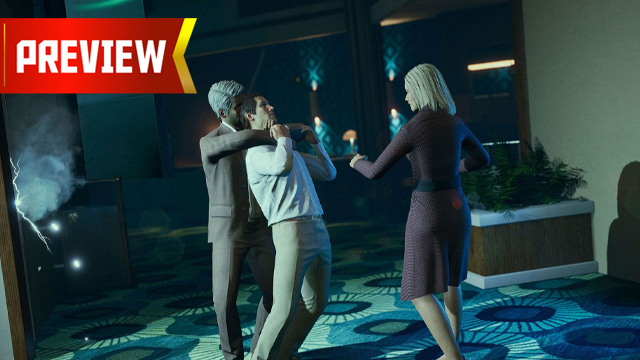Who wants to play a game called First Class Trouble? No one, that’s who. First-class trouble is what happens when a 21-year-old Instagram influencer orders too many vodka Red Bulls on a flight — it’s not the name of a hilarious social deduction game set on a luxury space cruise-liner. But if you, like me, weren’t expecting much from this terribly titled Steam…

Atlas is an action-rpg with rogue-like elements where you use your ability to control the ground to fight the enemies and move through procedurally generated worlds.









